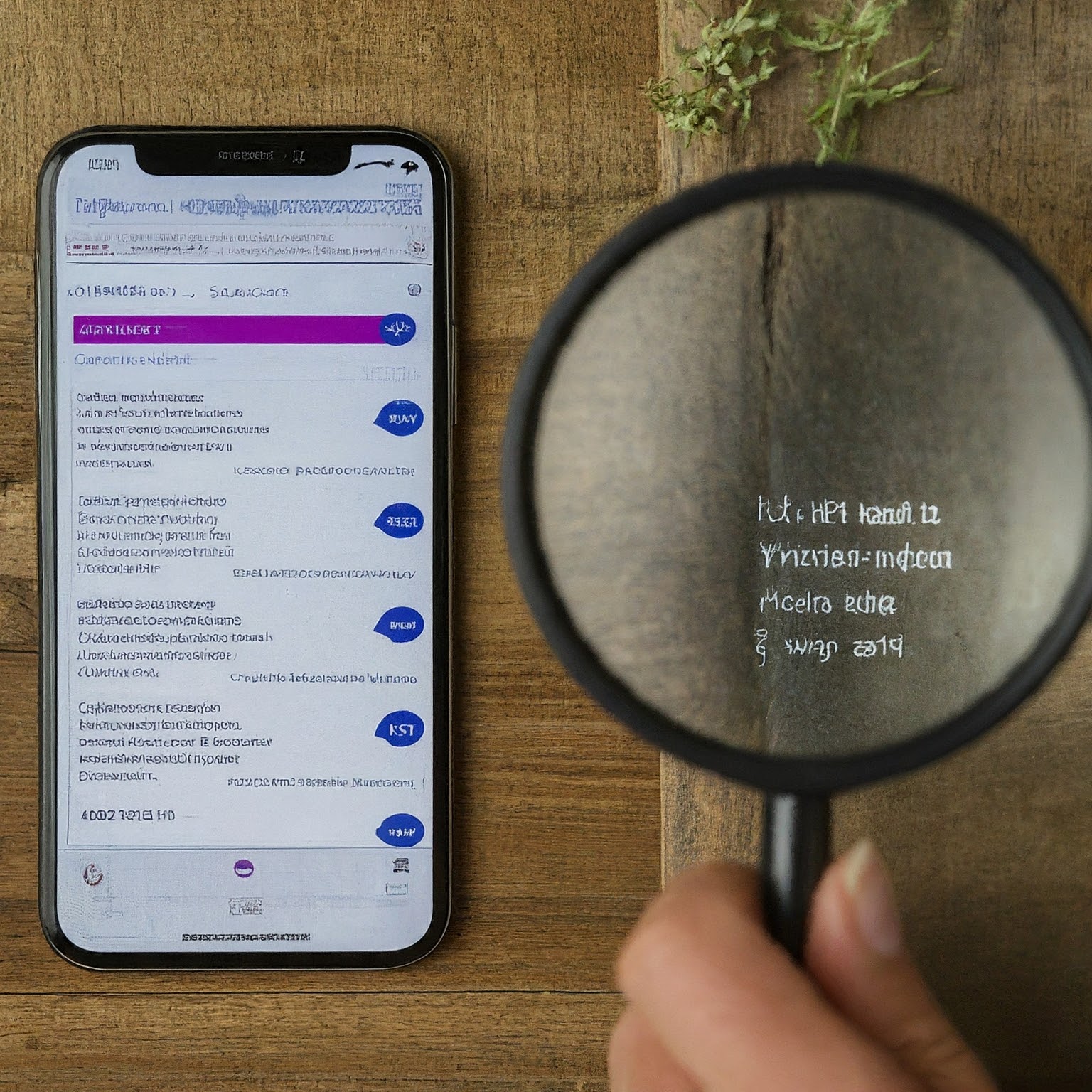In today’s digital age, text messages are a primary mode of communication. However, when the need arises to access past text message content, confusion can emerge. This article delves into the question: can you get text message records from T-Mobile? We’ll explore T-Mobile’s policies regarding text message storage, alternative methods for retrieving text message content, and strategies for preserving your future text message history.

Demystifying T-Mobile’s Data Storage Practices
T-Mobile prioritizes customer privacy and adheres to strict data retention policies. Here’s what you need to know about text message records and T-Mobile:
No Storage of Text Message Content: Unlike call logs or billing data, T-Mobile does not store the actual content of your text messages. This means the date, recipient’s phone number, and message type (SMS or MMS) might be logged, but the message content itself is not retained on T-Mobile’s servers once delivered.
Understanding the Implications:
Limited Retrieval Options: Due to the lack of content storage, retrieving past text message conversations directly through T-Mobile is not possible.
Focus on Privacy: T-Mobile prioritizes user privacy by not storing sensitive communication content.
Alternative Methods for Text Message Retrieval (When Possible)
While T-Mobile doesn’t store text message content, there might be a few alternative avenues to explore, depending on the specific circumstances:
Backup and Restore Features: Certain phone models and messaging applications offer built-in backup and restore features. If you’ve previously enabled these features and created backups, you might be able to recover past text messages depending on the backup timeframe and application used.
Third-Party Backup Apps: Third-party backup applications can be downloaded to your phone. These apps can create backups of your text messages and other phone data, potentially allowing you to restore them in the future. However, be cautious when choosing third-party apps. Ensure they have a reputable track record, clear privacy practices, and strong security measures to protect your data.
Important Considerations:
Success Not Guaranteed: The effectiveness of these alternative methods depends on various factors, including your phone model, messaging app, backup settings, and the timeframe you’re looking for.
Focus on Future Solutions: These methods may not always be successful, highlighting the importance of proactive measures to preserve your text message history if necessary.
Safeguarding Your Future Text Messages: Proactive Strategies
If retrieving past text messages is crucial for you, consider implementing these proactive strategies:
Enable Backup Features: Explore the built-in backup features on your phone or messaging app. Regularly backing up your phone data, including text messages, can help ensure future retrieval possibilities.
Utilize Third-Party Backup Apps (Use Caution): As mentioned earlier, third-party backup apps can be an option, but choose them with caution. Prioritize apps with strong reputations, clear privacy policies, and robust security practices.
Consider Text Message Forwarding Apps: Certain apps allow you to forward incoming text messages to an email address. This can create a record of your text message history, although it might not be the most convenient solution.
Remember:
Regularly review and update your backup settings to ensure they function as intended.
Understand the limitations of each method before relying on it for future retrieval.
Conclusion: Transparency and Planning for Text Message Records
While T-Mobile doesn’t store the content of your text messages, understanding their data storage policies empowers you to explore alternative retrieval methods or implement proactive strategies for preserving your future text message history. By familiarizing yourself with these options and making informed choices, you can manage your text message data effectively.


